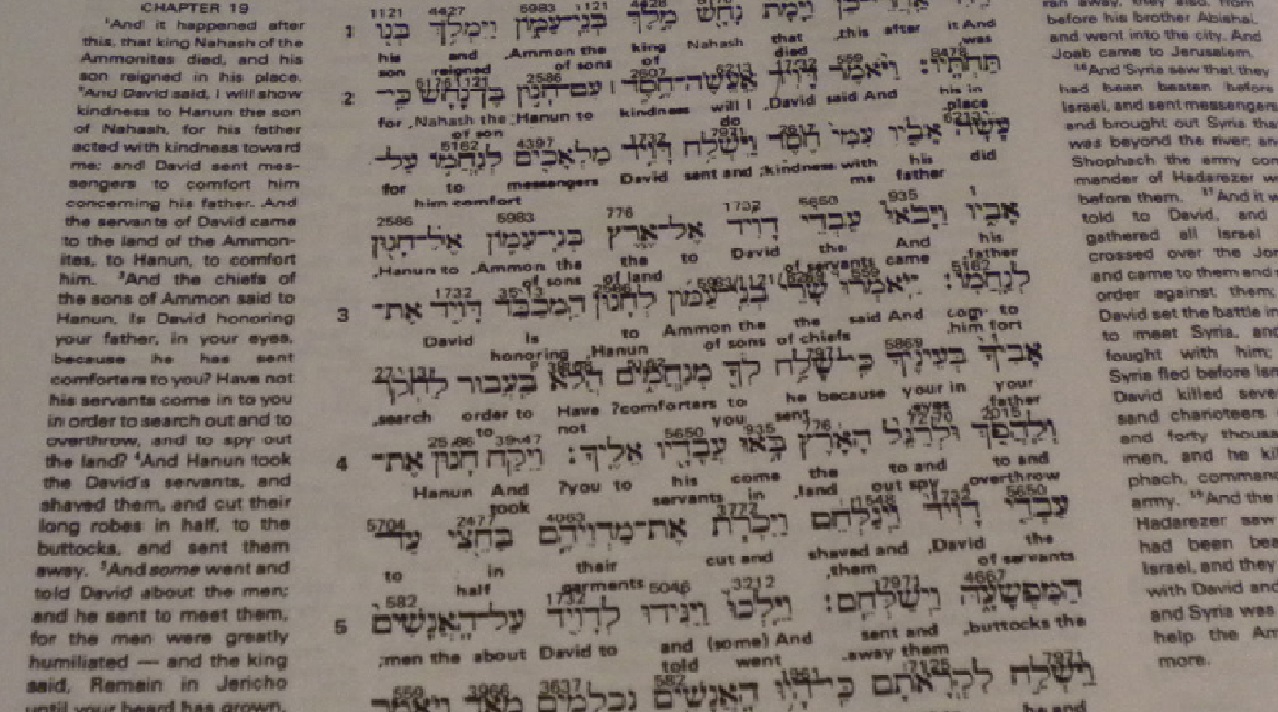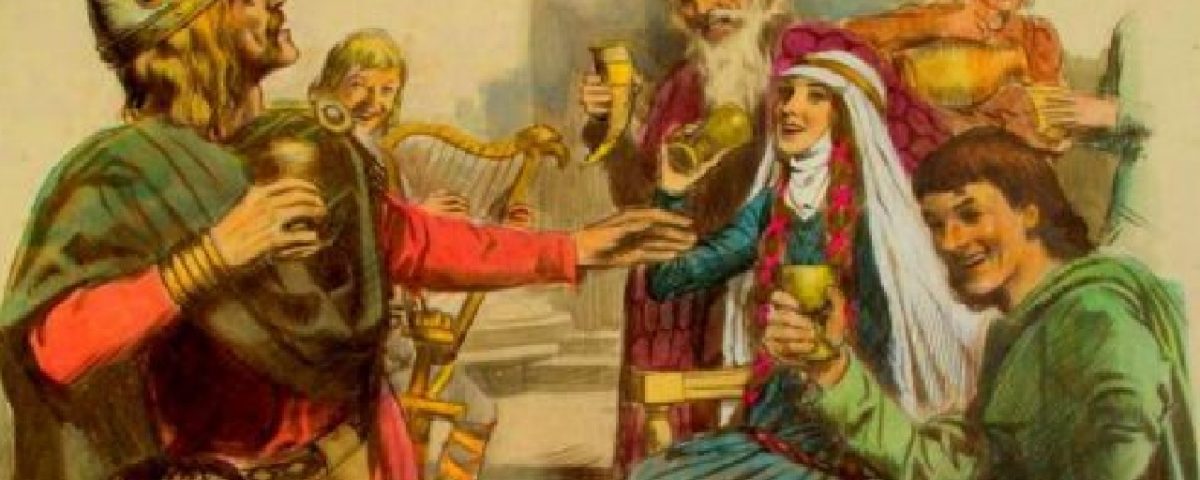
The Loss of the Messianic Jesus in the Early Struggles over Christology
December 13, 2019
Adonai or adoni? We do know!
January 3, 2020Concerning Christmas Carols

by J. R. Griffiths, Mus. BAC.
It is now generally admitted that our manner of spending Christmas is very largely a perpetuation of customs prevailing not only during the Christian era itself, but in the ages long preceding it. In fact, even the time of year ultimately fixed upon for the celebration of the birth of Christ coincided-intentionally or otherwise–with the annual commemoration of the time-honoured pagan festivals–the Roman Saturnalia, the Winter Feast of the Druids, and the Scandinavian Feast of Yule.
Thus it comes that many of the old heathen customs came to be grafted on to Christian observances, though, of course, under different guises. And, remembering this, it is easy to see whence we derive our present custom of decking our churches with evergreens and our houses with mistletoe. And easy also to understand such old customs as burning the Yule log, carrying the Wassail-bowl, etc.
We have, it is true, long outlived the Scandinavian custom of carrying the “Vessel cup” from house to house during the days immediately preceding Christmas; but have we not the counterpart to this in the bands of carol singers who in many parts of Great Britain still go from house to house, and for our benefit (or theirs !) carol forth their songs of the “good old times”?
It has been stated that the custom of carol singing itself may be of pagan origin.
